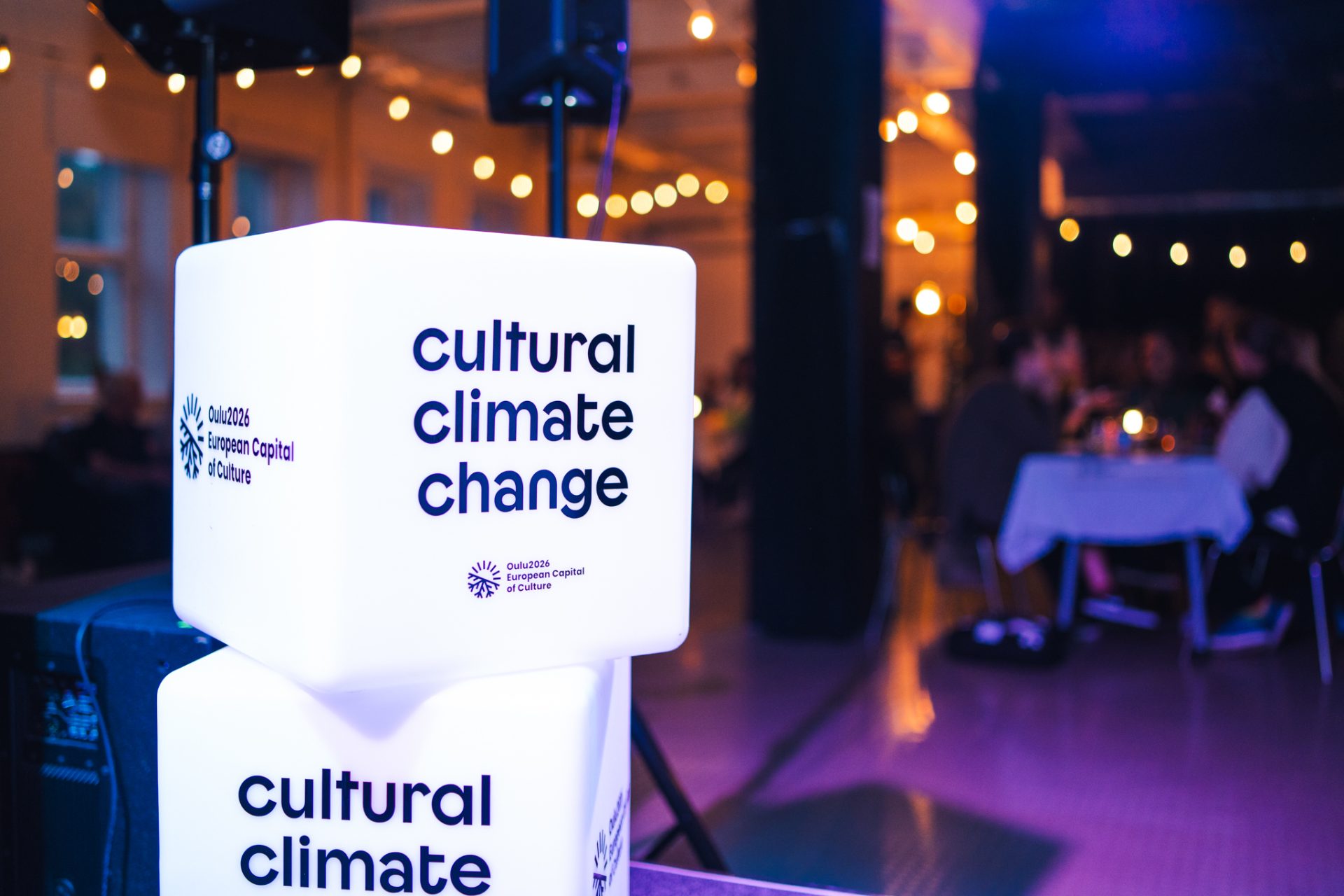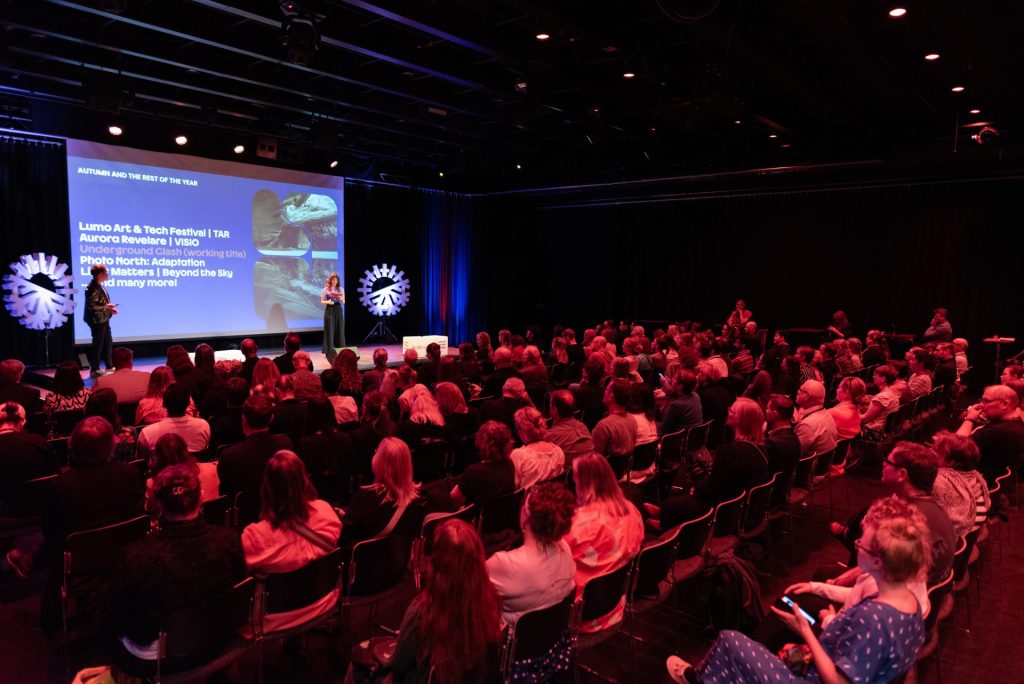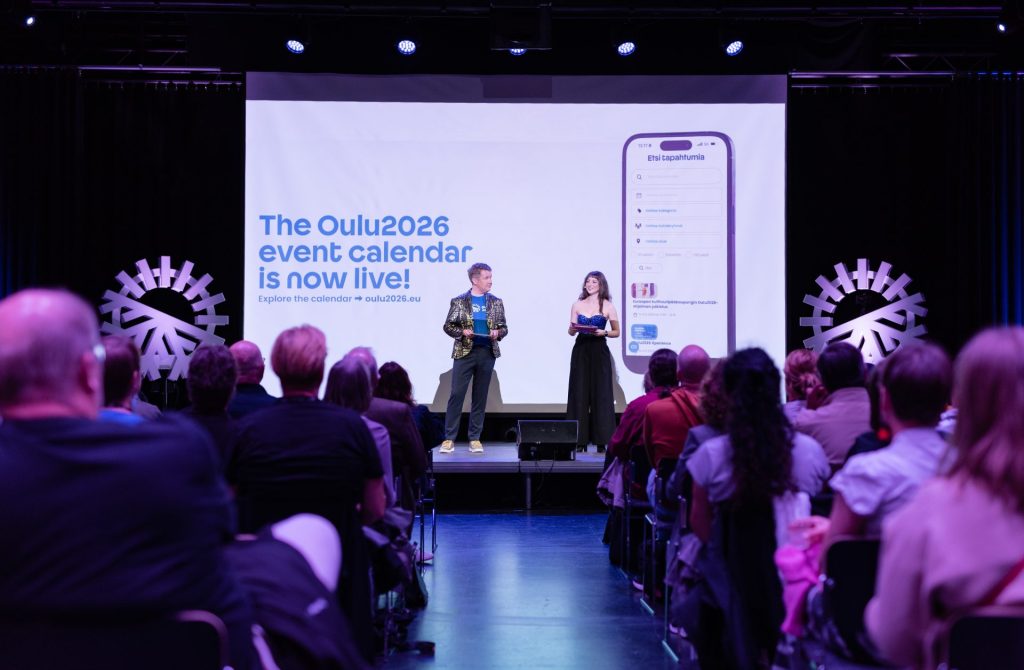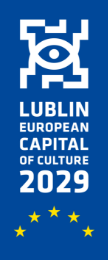
Traditionally, at the beginning of September, the annual ECoC Family Meeting takes place, announcing the upcoming European Capitals of Culture. This time we met in Oulu, in northern Finland — a city renowned for its technology (home of Nokia), living labs, numerous start-ups, closeness to nature, and the oldest tar-scented sauna, which the city was famous for over decades. Oulu and Trenčín (Slovakia) presented the main concepts of their European Capital of Culture 2026 programmes. The Oulu team spoke about the richness of Northern culture, drawing on their bid’s central theme “Cultural Climate Change.” Trenčín presented its vision under the motto “Awakening Curiosity,” promoting sustainable and innovative solutions, the revitalisation of forgotten places, and the blending of tradition with modernity. Oulu created excellent conditions for exploration and reflection. We had the opportunity to visit sites that will host events during the title year. On Pikisaari Island, in wooden houses and former industrial facilities, a cultural district is emerging with studios, cafés, and galleries.

Oulu is also home to the first modernist industrial building by Alvar and Aino Aalto — the AaltoSiilo — now being adapted for exhibition purposes. Since 2020, this unique structure has undergone a series of interventions and has been recognised as a symbol of Finland’s (and Europe’s) socio-industrial evolution. Next to it, mobile workshops are being developed.
In addition to exploring places, we also had the chance to listen to important presentations and discussions. Christine Dietrich spoke about the Karlspreis International Prize, awarded annually in Aachen to individuals and institutions for their contributions to European unity and democracy, highlighting it as another platform for cooperation between ECoC cities. Vappu Renko from the Cupore Research Centre in Helsinki presented on monitoring the indicators of Oulu2026 and on culture as a place maker. We also took part in a lively debate with Sjoerd Bootsma (Leeuwarden 2018), Beatriz Garcia (European Capitals of Culture Research Programme) and Stanislav Krajči (Trenčín 2026) on culture as a space-maker and the role of the city as both backdrop and active participant in cultural events.
As always, the ECoC Family Meeting provided an opportunity to exchange experiences and inspirations, and to build networks of cooperation between cities and institutions across Europe.
Marta Ryczkowska, program curator

